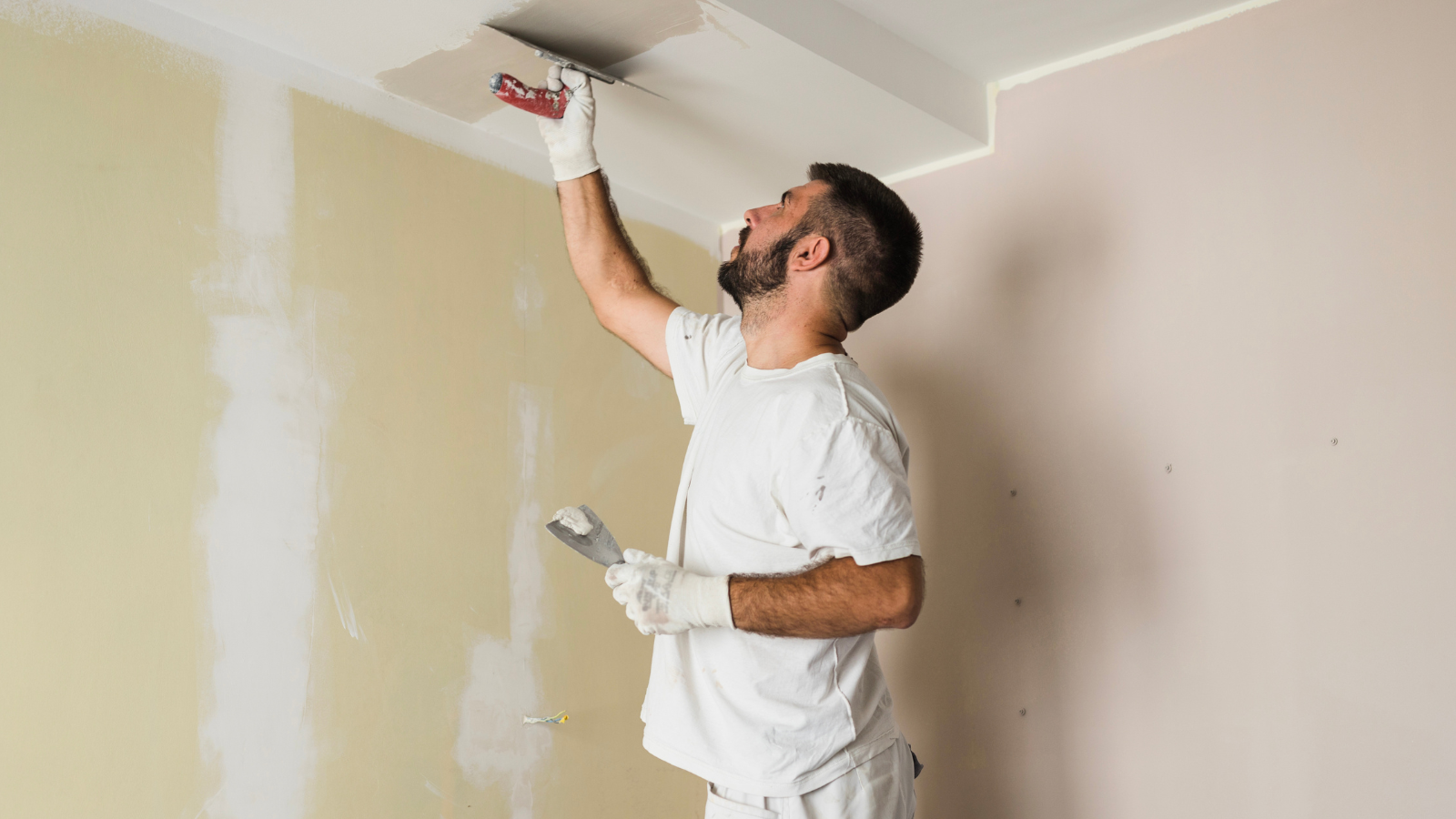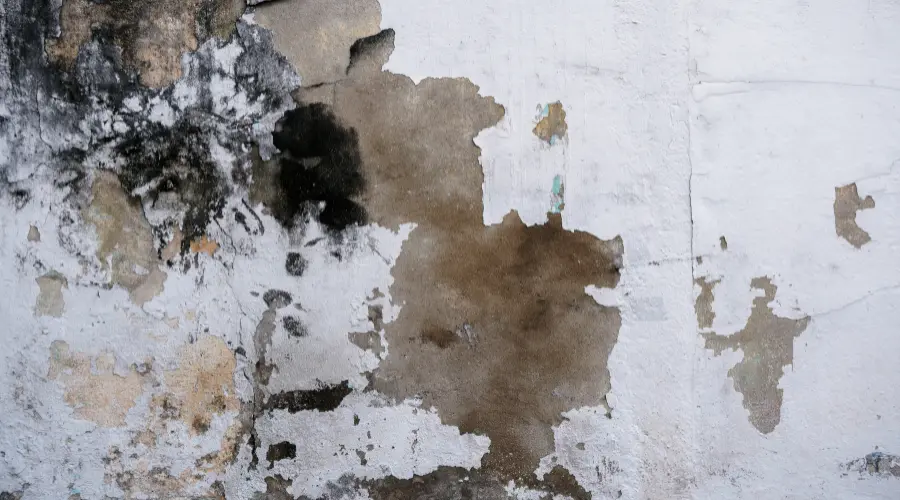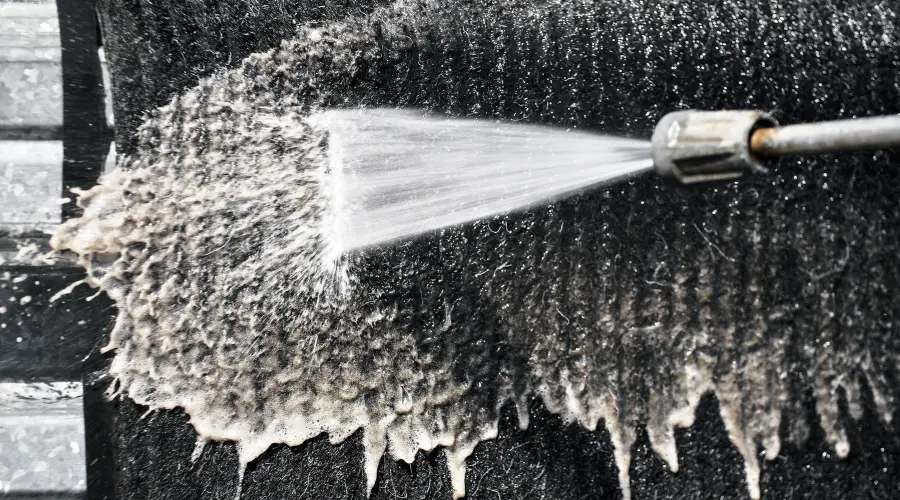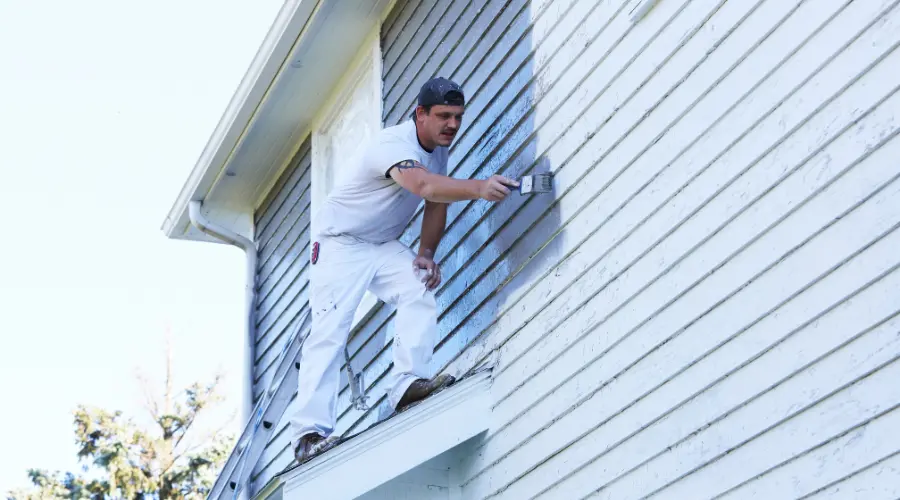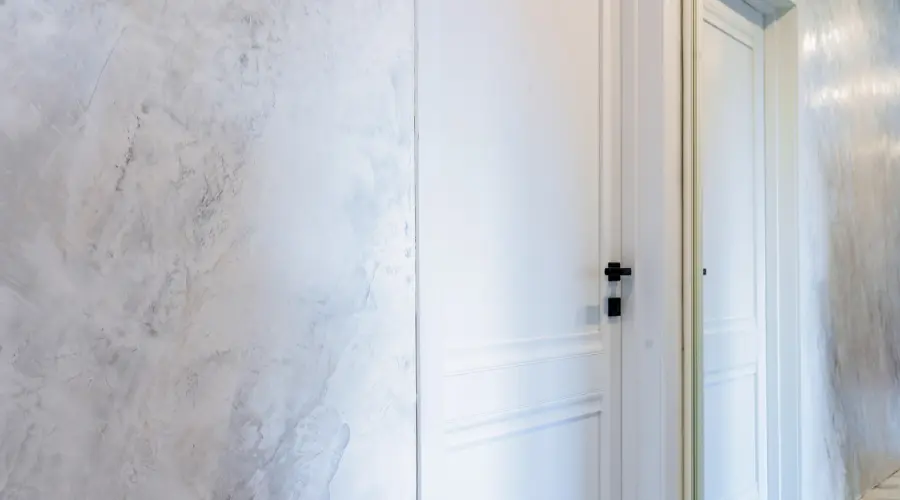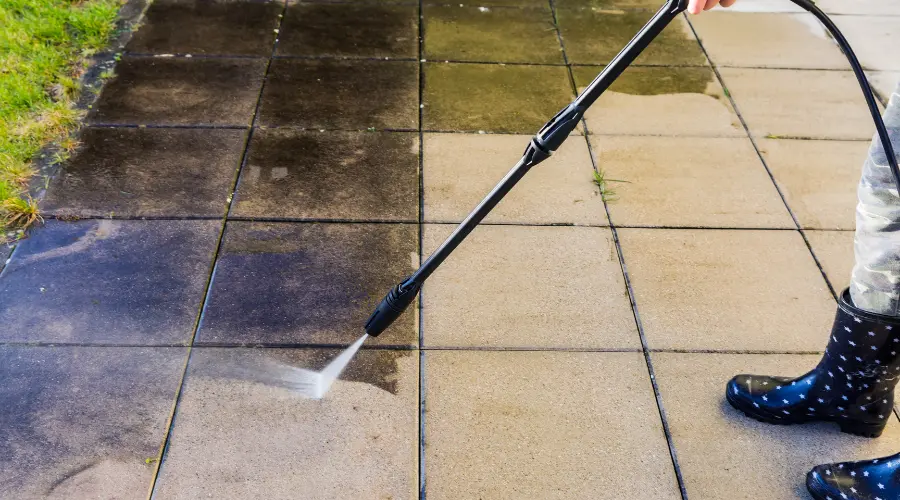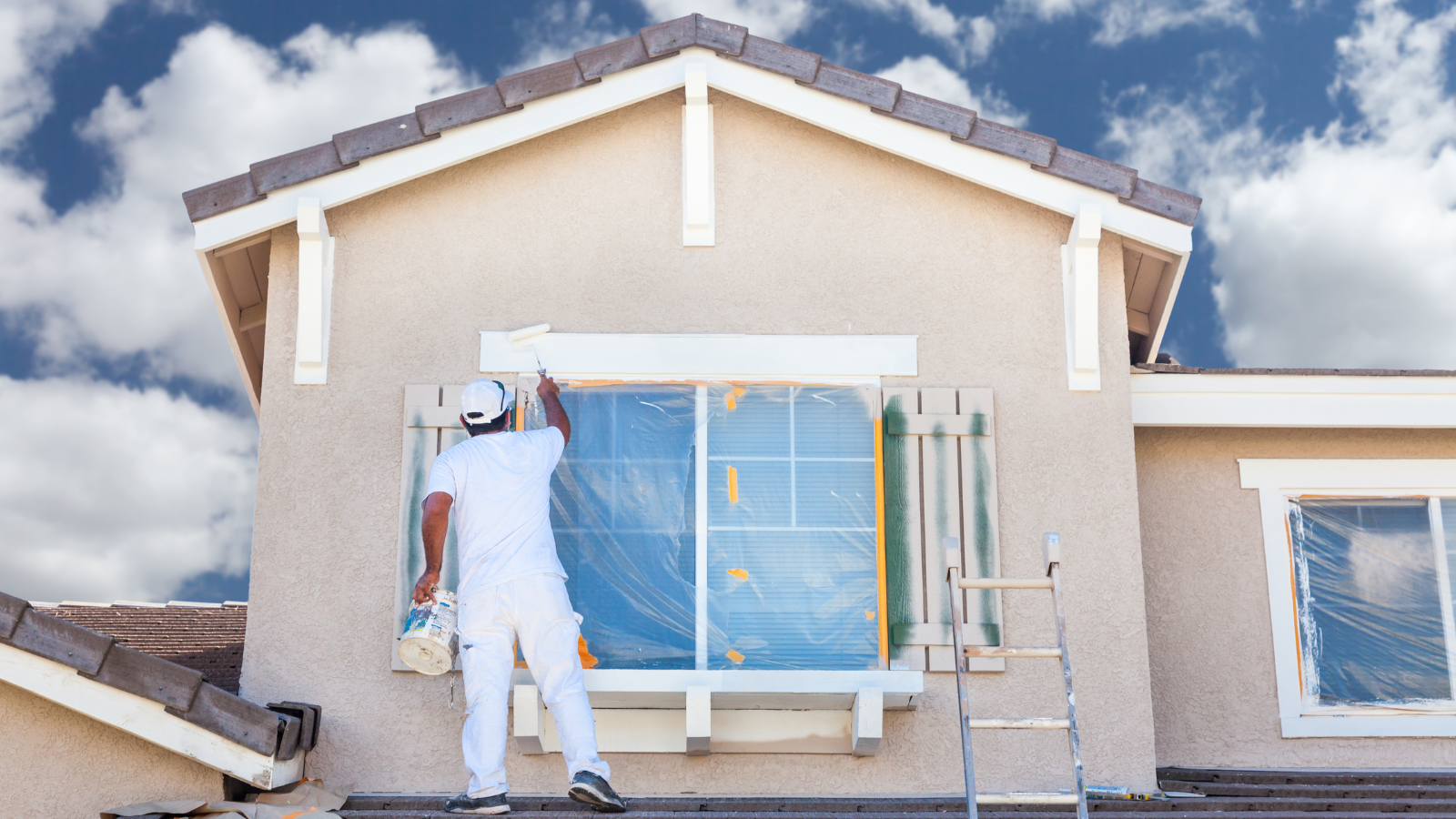Keytakeaway
- Summer’s Appeal: Longer daylight hours, dry conditions, and flexible schedules make summer a popular time for home painting projects.
- Weather Challenges: Extreme heat, high humidity, and unexpected summer storms can negatively impact paint adhesion and drying.
- Plan Carefully: Paint during cooler parts of the day, avoid high humidity, and always check the weather forecast to prevent rushed or ruined work.
- Surface Prep and Tools: Proper surface preparation, using high-quality paint, and the right tools are essential for a durable, smooth finish.
- Professional Help: Consider hiring professional painters, especially for exterior projects in hot weather, to ensure long-lasting result
Is Painting the House in the Summer a Wise Idea?
When considering home renovations or repainting, a common question often arises: Is painting the house in the summer a wise idea? Many homeowners choose summer as the time for these activities because it’s often the slowest period of the year. Children are on summer break, and parents may take time off work, creating an opportunity to tackle home improvement projects. Summer offers extended daylight hours but presents unique challenges, particularly in painting.
We understand the dilemma of finding the best time to paint your home at APEX NC House Painters. Your options typically fall between summer and the rainy season. While we’ve previously covered how to prepare a surface for painting in rainy conditions, this article will provide expert tips on effectively and safely painting your home during the summer. With the proper preparation and awareness of the environmental factors, painting in the summer can lead to beautiful results.
Transform Your Home with Expert House Painting Services in Apex, NC!
Enhance your home’s curb appeal and protect your investment with our professional house painting services. Whether it’s a fresh coat for your exterior or a new look for your interior, our skilled team delivers high-quality results tailored to your vision.
Call us today for a free estimate and let us bring your dream home to life!
Why Summer Painting Is Popular
There are several reasons why summer is a preferred season for painting:
1. Longer Days: With more daylight hours, you can extend your painting time, allowing you to finish larger sections of the project each day.
2. Dry Conditions: Compared to the rainy season, summer offers more consistent dry weather, which can help prevent moisture from ruining fresh paint.
3. Vacation Time: Many homeowners take time off work in the summer or have more flexible schedules, making it easier to dedicate time to home improvements.
Despite these advantages, summer painting requires careful planning and execution to avoid problems such as peeling, blistering, or uneven drying.
Tips for Painting Your Home During Summer
1. Check the Weather Forecast
Before starting any painting project, especially exterior painting, always check the weather forecast. In some regions, summer may bring unpredictable thunderstorms or periods of high humidity, even on sunny days. Painting in rainy or humid weather can lead to poor adhesion and uneven results. Here’s how to manage different weather patterns:
- Avoid Wet Conditions: If there’s even a tiny chance of rain, delay your painting. Moisture on the surface will prevent the paint from adhering correctly, leading to peeling or flaking once it dries.
- High Humidity: Even on a sunny day, humidity can cause paint to dry slower, which increases the chance of dirt and debris sticking to the wet paint. Aim for days when the humidity level is below 70%.
2. Invest in a Dehumidifier for Interior Painting
Summer heat often increases indoor humidity, affecting how your paint adheres to surfaces. High humidity slows the drying process, leading to uneven finishes or the formation of bubbles in the paint. To counteract this:
- Use a Dehumidifier: Running a dehumidifier in rooms where you’re painting can help control moisture levels, allowing the paint to dry evenly.
- Choose the Right Paint: Some paints are formulated for humid environments. Opt for paints designed for moisture control if you tackle rooms like the bathroom or kitchen.
3. Timing Is Everything: Avoid the Hottest Part of the Day
The time of day you choose to paint can make a significant difference in the quality of your work. Summer heat can cause the surface temperature of exterior walls to rise, making it difficult for the paint to adhere correctly. It can also cause paint to dry too quickly, leading to visible brush strokes and uneven coverage. Here’s what to keep in mind:
- Paint Early or Late: The best time to paint outdoors is in the early morning or late afternoon when temperatures are more relaxed. However, be mindful of morning dew. Wait until any condensation has evaporated before starting.
- Monitor Surface Temperatures: The surface of exterior walls can be significantly hotter than the air temperature, especially on sunny days. If you can’t touch the surface comfortably, it’s too hot to paint.
4. Prepare Your Surfaces Properly
Before you begin painting, proper surface preparation is crucial, especially in hot weather. Painting over dirty, oily, or wet surfaces will lead to poor adhesion and an unsatisfactory finish. Here’s how to prepare your surfaces:
- Clean Thoroughly: Wash exterior surfaces to remove dirt, dust, and mildew. Use a pressure washer or a hose with a scrub brush for larger areas.
- Sand and Prime: Sand any rough or peeling areas, and use a primer designed for your surface type. Priming creates a smooth base and helps the paint adhere better.
- Wait for Surfaces to Dry: After cleaning, allow the surfaces to dry completely before applying paint. Hot weather may quickly dry the surface, but deeper layers may still hold moisture, leading to peeling down the road.
5. Use High-Quality Paint and Tools
Investing in high-quality paint and tools is essential, especially when dealing with summer conditions. Cheap paint may not withstand the heat, causing cracking or fading. Here are some recommendations:
- Heat-Resistant Paint: Choose paint formulated for high temperatures if you paint exteriors in direct sunlight. These paints resist blistering and peeling, giving you a long-lasting finish.
- Synthetic Brushes and Rollers: Synthetic tools work better with modern paints and are more heat-resistant than natural bristles, which can soften and lose shape in warm conditions.
- Don’t Skimp on Paint: A higher price often means better coverage and Longevity. One coat of quality paint can sometimes do the job of two coats of cheaper paint.
6. Hire Professional Painters for Exterior Work
Painting exterior walls in summer requires some expertise, especially when extreme temperatures are high. Heat can cause paint to dry before it fully adheres to the wall, leading to flaking or bubbling. Professional painters understand how to adjust their techniques to the weather conditions, such as:
- Applying Thin Coats: Professionals know that in hot weather, it’s better to apply thin coats of paint. Thick coats are more likely to bubble or blister as the top layer dries faster than the bottom layer.
- Timing the Application: Skilled painters avoid working during the hottest part of the day and can complete the job efficiently, often within the more excellent parts of the day.
- Ensuring Longevity: Experienced painters use high-quality materials and proper techniques to ensure your paint job lasts for years.
If you’re unsure about tackling a summer paint job, consider hiring professionals like the APEX NC House Painters team, who are familiar with working in high temperatures.
7. Avoid Rushing the Job
Summer weather can be unpredictable. Even on sunny days, you may experience sudden downpours or high winds, which can ruin a fresh coat of paint. Don’t rush the project; plan for potential delays and be flexible. Here are a few key points to consider:
- Don’t Paint if Rain is Forecasted: Even if it looks sunny, don’t start painting if there’s any chance of rain. You don’t want to waste time and materials on a paint job that could be washed away.
- Allow Ample Drying Time: After painting, give the paint enough time to dry before applying a second coat or exposing the surface to rain or heat.
Frequently Asked Questions (FAQ)
Q: Is painting the house in the summer a wise idea?
A: Yes, summer is a popular time for painting due to longer daylight hours and generally drier conditions. However, you must be cautious of extreme heat, humidity, and sudden weather changes. With proper planning and technique, summer can be an excellent time to refresh your home’s appearance.
Q: How does humidity affect painting?
A: High humidity can slow the drying process, leading to uneven results or bubbles in the paint. To mitigate this, use a dehumidifier indoors and choose days with lower humidity levels for exterior painting.
Q: When is the best time of day to paint during the summer?
A: The best time to paint is early morning or late afternoon when temperatures are cooler. Avoid the midday heat, as high temperatures can cause paint to dry too quickly, leading to an uneven finish.
Q: Can I paint my home’s exterior if it’s cloudy?
A: Cloudy weather can be ideal for painting since the surface temperature won’t be as hot as in direct sunlight. Just be sure to check for rain in the forecast.
Q: What kind of paint should I use for summer painting?
A: Choose high-quality, heat-resistant paints for exterior surfaces. These are formulated to withstand higher temperatures and provide a more durable finish.
Q: Should I hire professionals for exterior painting?
A: If you’re inexperienced or concerned about summer heat, hiring professional painters is an intelligent choice. They understand the nuances of working in hot weather and can deliver a superior result.
Final Thoughts
While painting your house during the summer can seem daunting, it can be an excellent time for home improvement with the right approach. Whether tackling the project yourself or hiring professionals, following these tips will help ensure a successful paint job. Patience and preparation are crucial to achieving a long-lasting and beautiful finish.

